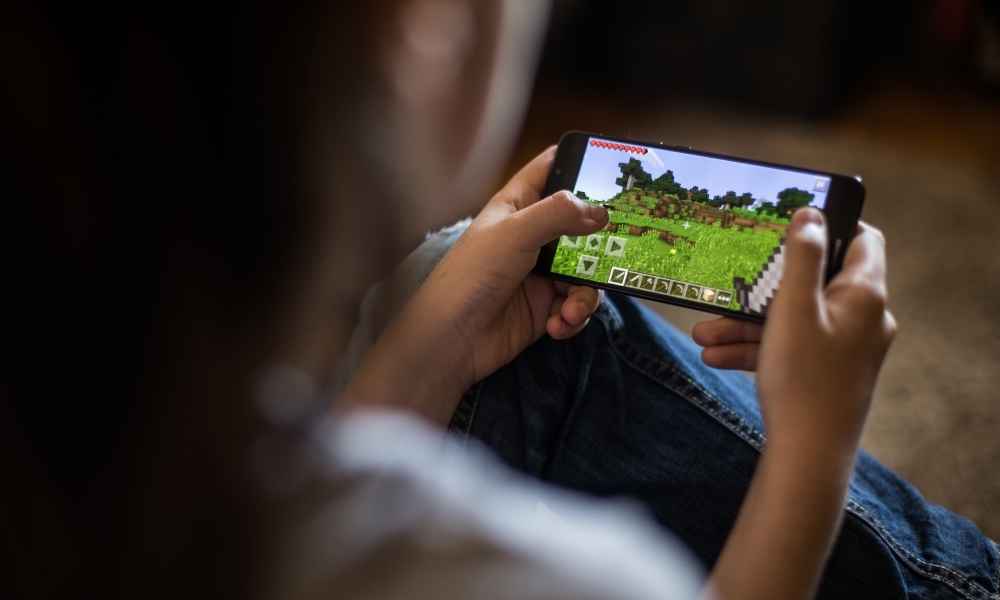Selecting the right online platform for collaboration and teaching can be a daunting challenge for teachers, especially when there is a basket of choices. Divya Kapoor and colleagues share the tools and strategies they have found effective for different disciplines.
‘May he live in interesting times’ gained popularity when Robert F. Kennedy included the quote in his 1966 speech in Cape Town. It resonates with the present extraordinary circumstances where every individual, an adult or a child, has been challenged to innovate and try new things.
The pandemic has introduced rapid technological transitions to every aspect of our lives. In education, communication and ICT applications provide numerous opportunities that ensure the continuation of learning. Education through e-learning applications has opened doors to new horizons of learning from a distance.
However, e-learning is only possible in situations where both teachers and students have access to computers and a stable internet connection. Thus in India, the advantages of online teaching can reach only a narrow section of society, thus deepening the crisis of quality educational access. Online education is a developing field, but this sudden transition to online teaching due to school closures has meant that teachers have had to quickly adopt new technologies, adapt their pedagogies, learn from professional resources, and share their knowledge with peers.
Different technologies for different subjects
By now, most of us who teach in private schools, have conducted at least some online classes through platforms such as Google Meet, Microsoft Teams, Zoom, etc. To schedule such virtual lessons, teachers have also had to create a timetable for different subjects according to the needs of each grade. But do our choices of tools vary according to the subjects we teach?
In the section below, we have highlighted the learnings from our personal experiences − the various e-learning platforms, teaching strategies, interesting links, and websites that can provide a fulfilling learning experience to students even while learning from home.
During this time, teachers can also encourage art-based or play-based learning; for instance, share videos of do-it-at-home activities, shifting away from structured classroom-based tasks. Such videos when circulated through emails and WhatsApp complement the learning objectives of the curriculum.
English
Language teaching focuses on four major skills − listening, speaking, reading, and writing (LSRW). A language classroom involves interaction, communication, creativity, and training on the four critical skills through a plethora of activities.
A study in 2016 on e-learning in English language education pointed out that the involvement of learners in teaching and learning is effective for improving students’ language skills. Some of the ways in which this can be achieved in the current learning scenario are highlighted below:
- While conducting online classes for languages, teachers should focus on building an interactive environment, and the activities should be planned in a manner such that each student gets time to speak and share their thoughts.
- Reading texts should be shared with students through screen sharing options so teachers can focus on reading with proper voice modulation.
- Active group discussions on current topics give students an opportunity to build their speaking skills. This can be done effectively using e-platforms such as Parlay Ideas, Padlet, etc. Later, teachers can ask students to write down their thoughts to better their writing skills.
- Language games such as dumb charades can help in building vocabulary and grammar.
Science
As the learning environment of students has changed, it is imperative to learn science from activities in daily lives that provide an opportunity to observe scientific phenomenon.
Science is everywhere! The kitchen, garage, storehouse, terrace garden, etc., are all potential laboratories. Online classes in science should be supported with hands-on activities and experiments that can be easily done at home. This method of teaching and learning should be continued in the future – there is ample research that suggests there are advantages to project-based learning.
Teachers can showcase some of these experiments during online learning sessions. Students should be motivated to perform safe experiments using the resources available at home; for the complex ones, there are always PhET simulators!
All game-loving students can be recommended educational games such as the Anatomy Arcade, and curious minds can be directed to websites such as HowStuffWorks which not only give them in-depth knowledge about various topics but also host challenging puzzles that help build application skills. Raising Dragons is another interesting application that offers a wide variety of engaging activities.
Mathematics
Mathematics is a subject where along with building conceptual knowledge, there is a need for plenty of practice. Customisable resources such as Google Classroom, Google Jamboard, and Easyclass (a free Learning Management System) are useful to mathematics educators. The platforms are convenient for assigning work, keeping a track of completed tasks, and also providing valuable feedback.
Learning platforms such as Kahoot!, Quizlet, Google Forms, etc. can be used for organising online maths quizzes, whereas Padlet and OneNote are platforms for collaborating online and creating digital notebooks. All these applications can help in providing students with a fulfilling learning experience and simultaneously tracking student progress.
Social science
According to a 2006 study, interactive videos can play a major role in developing analytical skills and a deeper understanding of study material among students. Thus, for social sciences, video-sharing tools such as Flipgrid, can be used by students to share long-term projects as well as review and appreciate their classmates’ work.
Students can also learn about major historical events with the help of YouTube channels such as BBC documentaries. Furthermore, applications such as NatGeo Mapmaker Interactive help teachers to create theme-based maps to guide the students in their course of study.
Educators can motivate students to take up star gazing and understanding space with applications such as Stellarium, NASA App, etc. Students can learn the art of city planning with games such as SimCity and Minecraft.
Moreover, virtual classrooms can be created using Moodle, a free online resource. Besides, virtual field trips are a great way to study history. This can be done with the help of the Government of India’s Ministry of Culture website, which provides access to more than 15 museums across India, and similar websites for other countries.
Conclusion
Technology for e-learning is supporting teachers to connect with students in the current crisis. No one can replace the teacher in a classroom but technological applications can support educators build an enabling learning environment for students who are fortunate to have access to technology.
While each learning tool has unique features, being able to help students in their online learning journey largely depends on the selection of tools and their effective utilisation. With so many of them available, it is not always an easy choice.
A version of this article first appeared in the print magazine Teacher, distributed in India, in July 2020.
References and related reading
Khan, I. A. (2016). Effectiveness of e-learning for the teaching of English: A study of comparative strategies. Advances in Languages and Literary Studies, 7(3), 125−135.
Zhang, D., Zhou L., Briggs R. O., & Nunamaker Jr J. F. (2006). Instructional video in e-learning: Assessing the impact of interactive video on learning effectiveness. Information & Management, 43(1), 15−27. https://doi.org/10.1016/j.im.2005.01.004
Links:
https://www.howstuffworks.com/
https://www.raisingdragons.com/
BBC Documentaries https://www.youtube.com/channel/UCVKJ5EExEsuXKomwZdq4MnQ
http://chartsbin.com/about/apply
https://www.indiaculture.nic.in/virtual-museums



